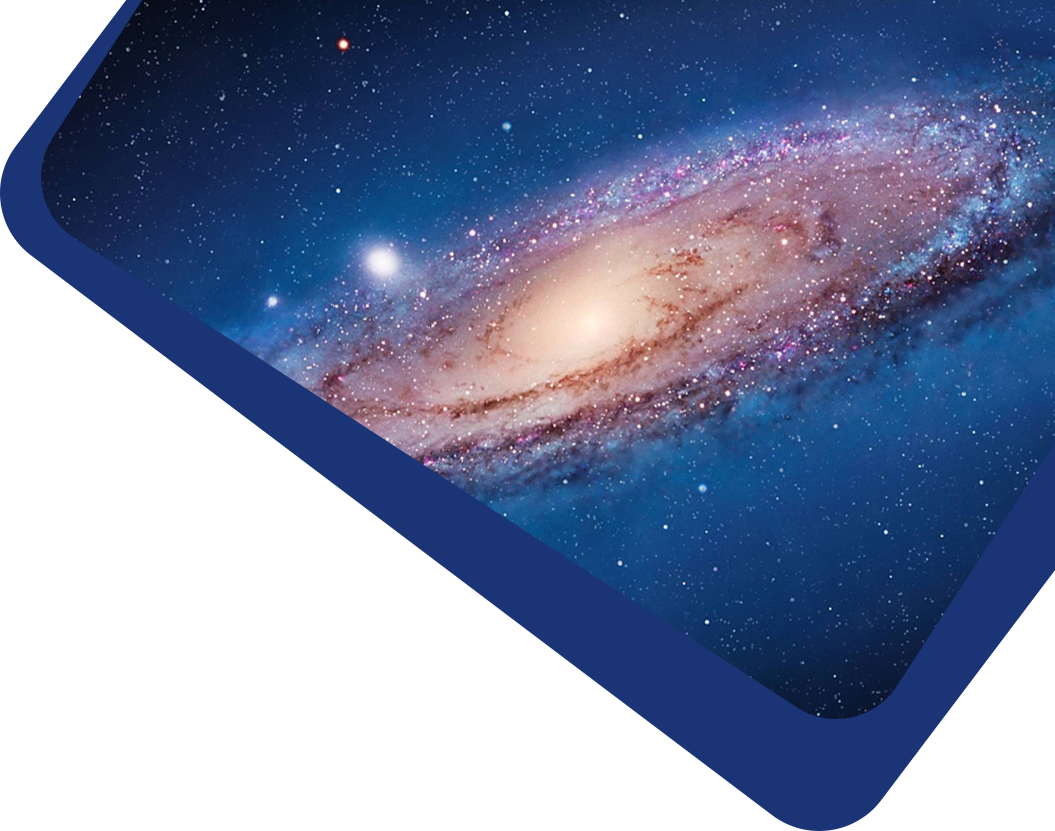

Abstract A prominent observation of the solar system is that the mass and gas content of Jovian planets decrease outward with orbital radius, except that, in terms of these properties, Neptune is almost the same as Uranus. In previous studies, the solar nebula was assumed to preexist and the formation process of the solar nebula was not considered. It was therefore assumed that planet formation at different radii started at the same time in the solar nebula. We show that planet formation at different radii does not start at the same time and is delayed at large radii. We suggest that this delay might be one of the factors that causes the outward decrease in the masses of Jovian planets. The nebula starts to form from its inner part because of the inside-out collapse of its progenitorial molecular cloud core. The nebula then expands outward due to viscosity. Material first reaches a small radius and then reaches a larger radius, so planet formation is delayed at the large radius. The later the material reaches a planet’s location, the less time it has to gain mass and gas content. Hence, the delay tends to cause the outward decrease in mass and gas content of Jovian planets. Our nebula model shows that the material reaches Jupiter, Saturn, Uranus and Neptune at t = 0.40, 0.57, 1.50 and 6.29 × 106 yr, respectively. We discuss the effects of time delay on the masses of Jovian planets in the framework of the core accretion model of planet formation. Saturn’s formation is not delayed by much time relative to Jupiter so that they both reach the rapid gas accretion phase and become gas giants. However, the delay in formation of Uranus and Neptune is long and might be one of the factors that cause them not to reach the rapid gas accretion phase before the gas nebula is dispersed. Saturn has less time to go through the rapid gas accretion, so Saturn’s mass and gas content are significantly less than those of Jupiter.
Keywords planetary systems — planets and satellites: formation — planets and satellites: gaseous planets — planets and satellites: individual (Jovian planets) — protoplanetary disks
It accepts original submissions from all over the world and is internationally published and distributed by IOP